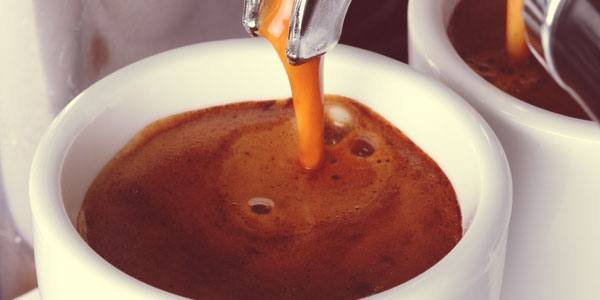How to stop coffee without experiencing a severe headache

Stopping caffeine brings with it a number of painful symptoms. How severe they will be depends on your genetic predisposition, your personal sensitivity and your general health.
But don’t worry – giving up coffee can be easier than you think if you follow some little coping instructions.
The number one symptom when you stop drinking caffeinated beverages is headache. This is the most unpleasant of all symptoms in the whole process. Your headache is acting in a way that makes you unable to cope with your daily tasks.
Bright light irritates you and makes it worse, the ability to concentrate disappears. You are ready for anything just to feel better.
Most likely, the first thing that will come to your mind will be to use one of the many drugs in the pharmacy that treat headaches, but be careful – most of them contain caffeine, so this is not a solution.
What triggers a headache?
Caffeine has a strong effect on the blood vessels in the brain. They contract strongly, reducing the amount of oxygen that reaches the brain by about 30%.
The result is a greatly increased amount of oxygen to the brain and a painful headache. Of course, this, although unpleasant, is not dangerous, because it is precisely the greater amount of oxygen that we would all like.
Make time to rest
By cutting out caffeine, you will need a bit more rest to allow your body to recover. You will most likely experience symptoms such as extreme fatigue and exhaustion.
Remember, pretty soon you won’t need caffeine to wake up.
Caffeine artificially increases the production of cortisol, the hormone that makes you wake up in the morning.
After stopping caffeine, your adrenal glands will need some time to regulate cortisol production and then you will be able to wake up without needing your morning cup of hot drink.< /p>
Herbal and Nutritional Supplements
Decreased alertness, brain fog and vagueness of thought, inability to concentrate, and feelings of malaise, including irritability and depression, are part and parcel of the coffee withdrawal process.< /p>
There are quite a few herbal and nutritional supplements that can help you with your recovery and make the transition easier.
Some people report experiencing flu-like symptoms, muscle aches and even vomiting. That’s why we recommend that you cut back on caffeine gradually and take advantage of whatever you can from used in the herbal pharmacy.
It’s not as scary as you think
While the fear of unpleasant symptoms keeps people addicted for years, the good news is that you can do this painlessly in 2-3 weeks with a slight and imperceptible daily reduction of caffeine and with the help of teas (eg green and black tea) and herbal coffee.
With the help of these and other herbal drinks, you will break away from this addiction more easily and soon you will feel much more energy than you had before. There are quite a few herbs that will help you wean yourself off coffee in the easiest way possible.



